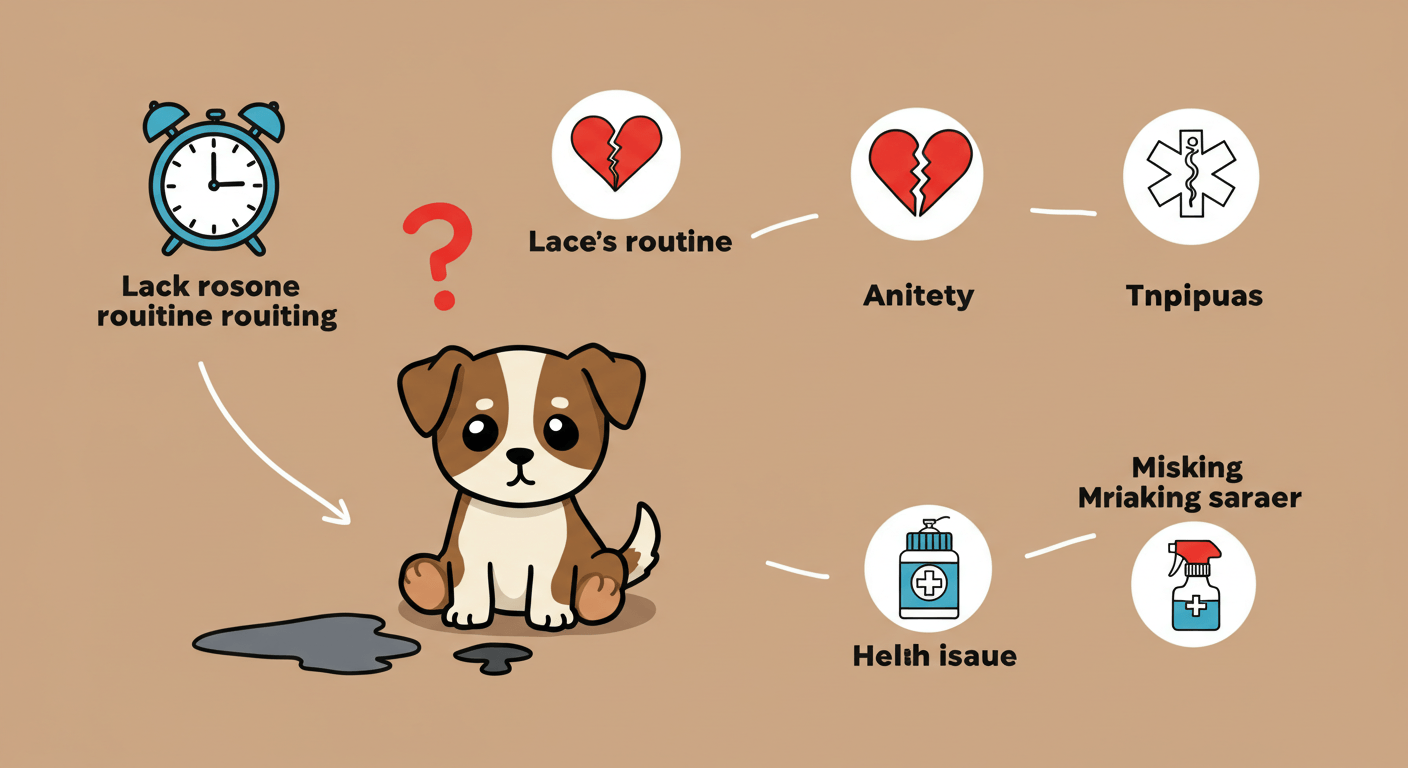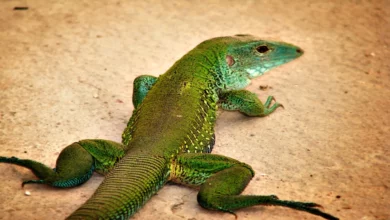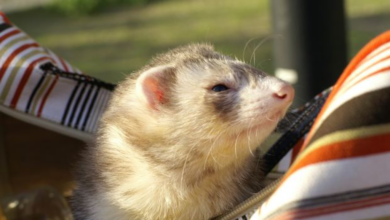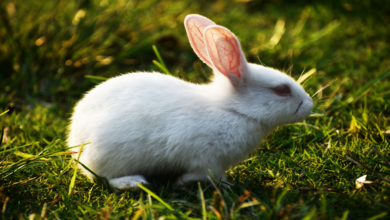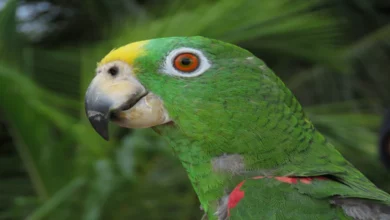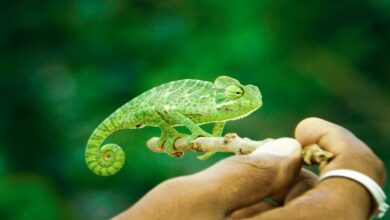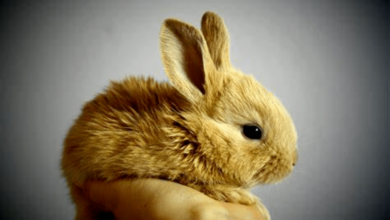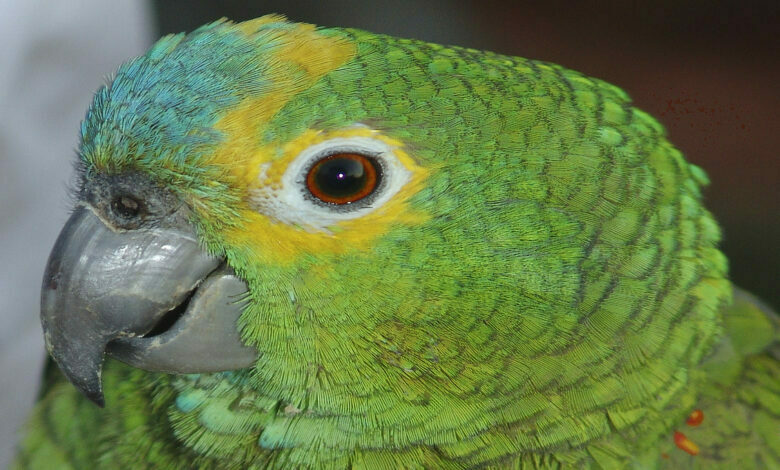
Parrots are part of a very large family of birds that includes just over 350 different species, including parakeets, cockatoos, and macaws. The life expectancy of these animals can vary depending on several factors, such as whether they live in cages or in the wild, their habitat and diet. However, as a general rule, parrots are very long-lived animals, and in some cases can reach 80 years or more, requiring great responsibility and dedication from their owners.
If you want to know how many years a parrot lives, check out the student pets article where we detail the life expectancy of parrots and other species in this beautiful family of birds.
How many years does a wild parrot live?

Parrots are among the longest-lived birds. If you want to know how many years a parrot lives in the wild, they can live from 25 to 35 years, much less than parrots living in captivity. One of the ways this happens is because wild animals are exposed to:
Their predators.
Adverse weather conditions.
Periods of water and food shortages.
Because of this, wild animals parrots usually have a much shorter lifespan than domestic parrots.
How long does a parrot live in captivity?
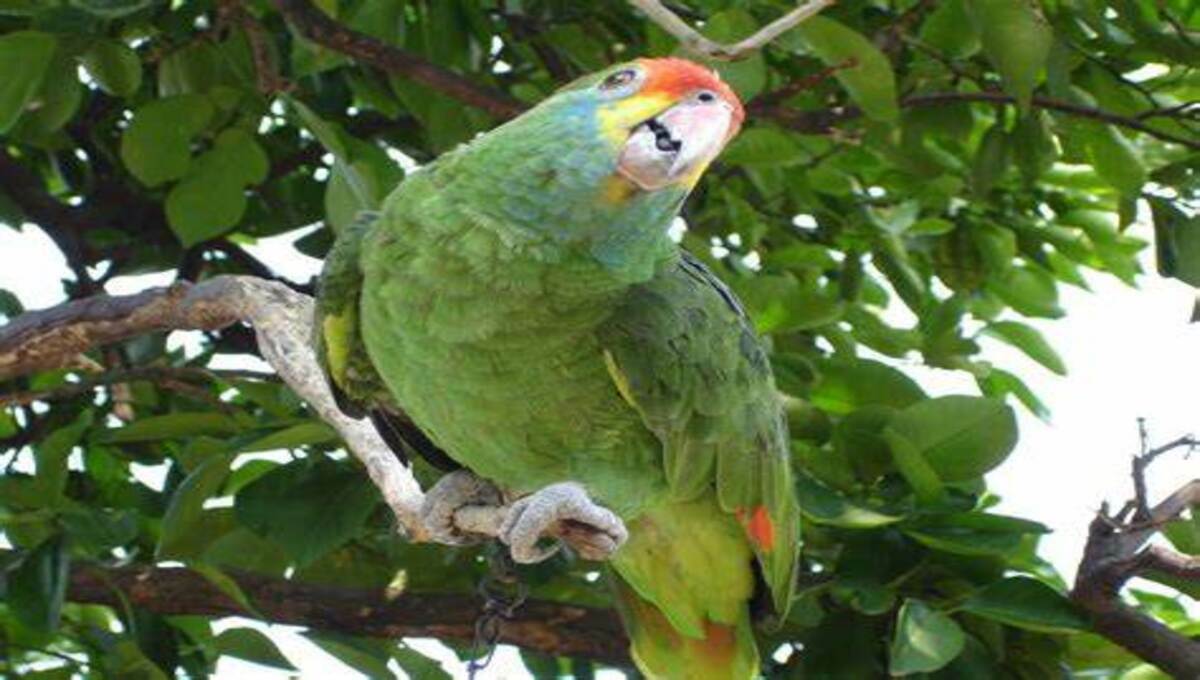
Parrots raised in captivity have a much longer lifespan than those found in the wild. Domestic parrots, whether caged or free-living in the home or garden, generally enjoy regular veterinary care, a balanced diet, and an environment suited to their needs but free from the dangers of the wild. This means that parrots live much longer in captivity.
So how many years does a parrot live? If we talk about the royal parrot, usually green, they can live between 60 and 70 years, but there are records of parrots that have already passed that age.
However, a high percentage of parrots in captivity do not reach their maximum life span because they are exposed to the following conditions:
Poor environmental conditions.
Poor nutrition.
Pollution from cities or some household accidents (for example glass or mirrors , electrocution of the handle, etc.)
Why do parrots live so long?
One of the reasons for the longevity of parrots is the low number of predators compared to other animals. Although there are some carnivores such as eagles, lizards, hawks, and snakes that may hunt parrots, this is not common because parrots have the ability to fly away from predators.
On the other hand, birds have lower free radical production than other animals, which translates into less oxidative stress on their cells, slower aging, and therefore longer life expectancy.
Also, as longer-lived animals, they take longer to reach sexual maturity. Starting reproduction later prevents most individuals with genetic alterations from mating, thus preventing the transmission of genetic abnormalities to their offspring, which could lead to reduced life expectancy.

